It has been no secret that Tami Sawyer is disinclined to wait on events. Clearly, the progressive activist and first-term Shelby County commissioner would rather influence events — or, even better, take charge of them. She was that way about the lingering problem of monuments to the Confederacy, she is that way about social-justice issues on the commission, and, most recently, she is that way about advancing her own political star (though she would prefer to see her impatience as being directed at a cluster of pending civic issues rather than at her own ambitions).
In any case, after taking the counsel of numerous acquaintances, including several established figures who advised her to hold up until she at least acquired more experience in public office, the youthful commissioner has now declared her candidacy for mayor of Memphis.
Although she had leaked the information beforehand, Sawyer made her declaration most vividly and formally at a public rally on Saturday night, billed appropriately under the head “Memphis Can’t Wait,” at the highly symbolic Clayborn Temple Downtown. It was there that sympathizers with the goals of striking sanitation workers and of Dr. Martin Luther King gathered before marching in 1968. And it is there that Sawyer hopes to have begun her march to power.
The venerable old church was nearly filled with enthusiastic supporters chanting “We Can’t Wait!” Alison Smith, a senior at White Station High School, said she couldn’t wait. So did veteran activists Mike Moseley and Danny Song. So did the self-identified “queer woman” who got cheers for that acknowledgment and cheers again for the declaration that she couldn’t wait for the development of a truly viable transit system because, among other things, she was tired of the lack of one making her late to work.
And there was TaJuan Stout-Mitchell, the former Memphis City Council member and veteran of local government who was the closest thing to a senior political eminence on hand. She couldn’t wait, either, and threw her support to the young “flipper” she described this way: “She is unbought, she is unbossed, she is uncompromised!”
And then the stage was all Tami’s … There is no doubting Sawyer’s appeal as a change agent, proven during her direction of the long and ultimately successful Take ‘Em Down 901 campaign to divest the city of its most prominent Confederate memorials. It remains moot whether that is translatable into an ability to marshall a majority of eligible Memphis voters, across all sorts of age, gender, class, racial, and political lines, on behalf of an agenda that would necessarily be far more sweeping and diffuse.
Although “she’ll split the black vote” was one of the tease lines sent up for disbelieving ridicule by Sawyer’s supporters at the rally, that concern is part of the reckoning, old math or not, that has to be applied to her effort. After all, the field of mayoral candidates already includes, besides the established Mayor Jim Strickland, another challenger whose relationship to the African-American majority of Memphis is nothing less than historic.
That would be Willie Herenton, a pathfinder twice over, as the first black superintendent of Memphis public schools, and then, as the man who in 1991 broke the racial barrier with his election as mayor, an office he would hold for for 18 years.
Granted, Herenton’s mayoralty had lost luster toward the end, as his enthusiasm for the job and his attention to it both dissipated. Granted, too, his attempt to mount a political comeback by running for Congress in 2010 floundered in the wreckage of a 4-to-1 loss to incumbent 9th District Representative Steve Cohen. It remains a fact that, even at 78, Herenton retains an innate formidability and an eminence, however tarnished, that make it hard to estimate his vote potential.
There is no doubting one thing: The Herenton camp has already evinced its displeasure at Sawyer’s entry and no doubt will continue to. Thaddeus Matthews, a free-booting critic in the black community of all things establishmentarian, has been both off and on an ally of Herenton. Right now he is on, and is using his various cyber and broadcasting platforms on behalf of the once and would-be future mayor.
In a recent online post, Matthews treated it as a given that Sawyer has been “put in the race by current mayor Jim Strickland to take votes away from his most formidable opponent, W.W. Herenton.” Matthews posits a sibling relationship between Sawyer and Michael Hooks Jr., a contractor who, he says, has been the beneficiary of city contracts. “Now I understand why she wants to run,” says Matthews, “to make sure that her brother continues to be fed by Strickland and other power brokers.”
The credibility of a putative hand-in-glove collusion between candidates Sawyer and Strickland would seem to be undermined by the all-too-obvious tension between the two during the runup to the final uprooting of the statues of Nathan Bedford Forrest and Jefferson Davis, when Strickland was challenged to act, relentlessly and not always with tender respect, by Sawyer and her Take ‘Em Down 901 movement.
And it is clear that Sawyer’s base constituency is made up of individuals, black and white, who have modest regard for Strickland and his accomplishments and whose claims of “we can’t wait” as applied to their personal and politically progressive goals seem real enough. The fact is that, while Herenton’s electoral base is obviously the most likely to suffer drainage from the Sawyer candidacy, Strickland’s is, to some degree, vulnerable as well.
In getting 81 percent of the vote in the 7th County Commission District against moderate Republican Sam Goff in 2016, Sawyer more than held her own in the upscale Evergreen area, and her enthusiastic audience in Clayborn Temple on Saturday was more than moderately impacted with pockets of white Midtowners.
Still, name-recognition polls — hers and Strickland’s, for sure, and perhaps even by Herenton — indicate a serious deficit on her part. It’s a problem that this race will help resolve for the long run. In the shorter run — which is to say, by October 3rd, it’s chancey, especially since her dollar deficit to the well-funded Strickland is enormous.
Still, Tami Sawyer has chutzpah, she has ideas, she has some quality midway between charm and charisma. She has determination, and she has a following. She and they can’t wait to see how this turns out, and neither can we.
 bbbskw.org
bbbskw.org 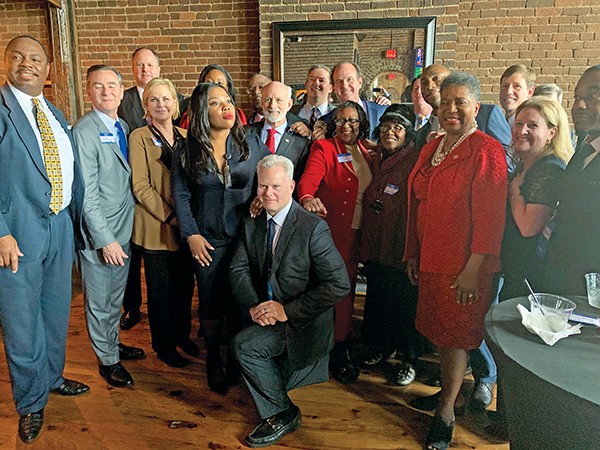 Jackson Baker
Jackson Baker 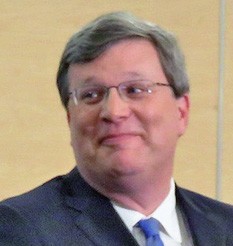 JB
JB 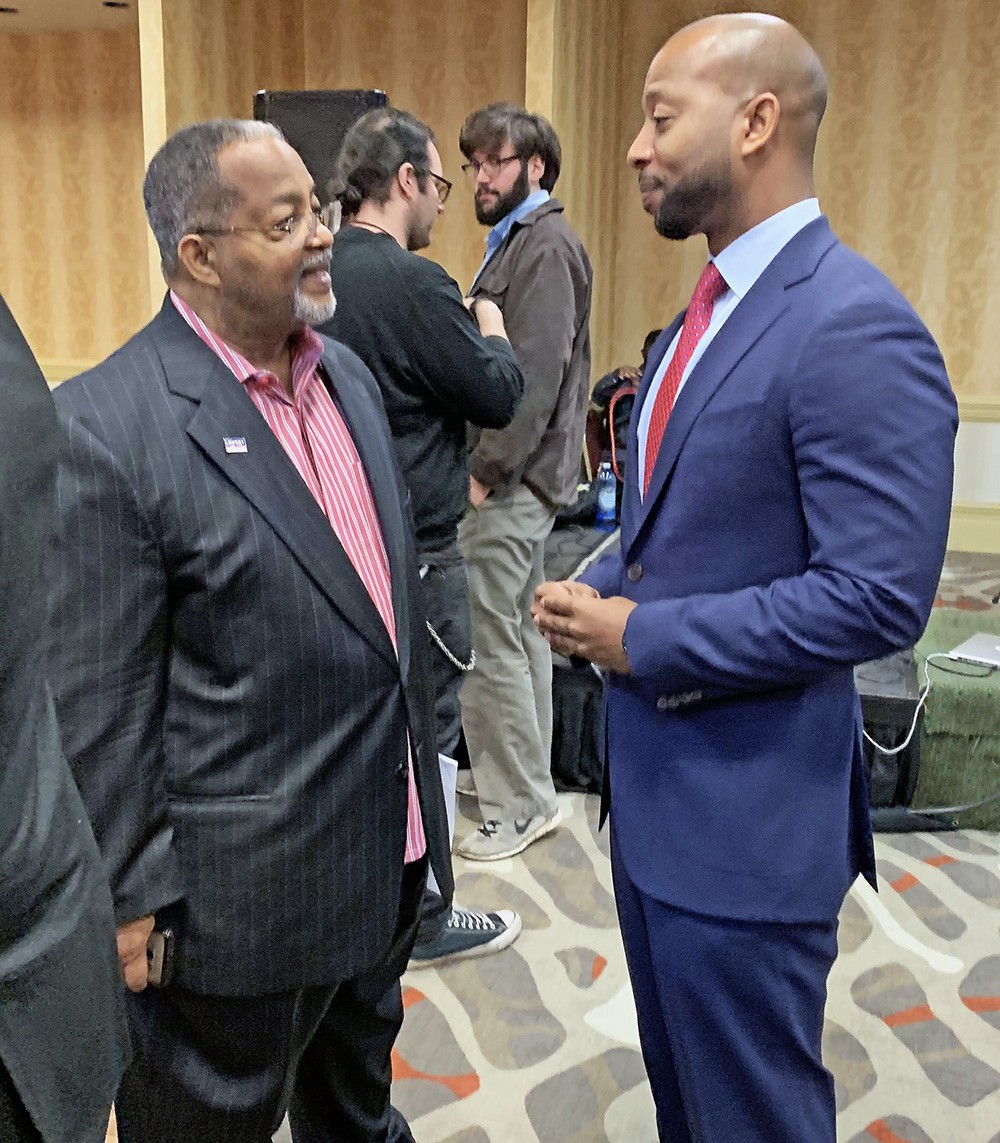 JB
JB 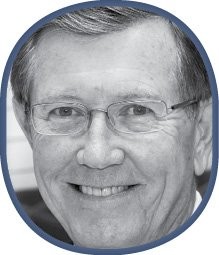 Memphis Magazine
Memphis Magazine 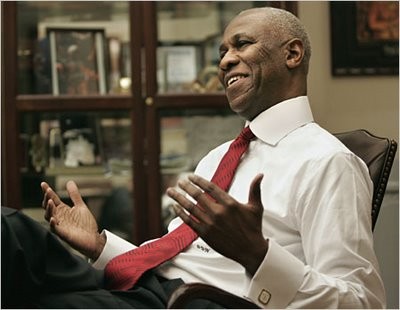 Justin Fox Burks
Justin Fox Burks 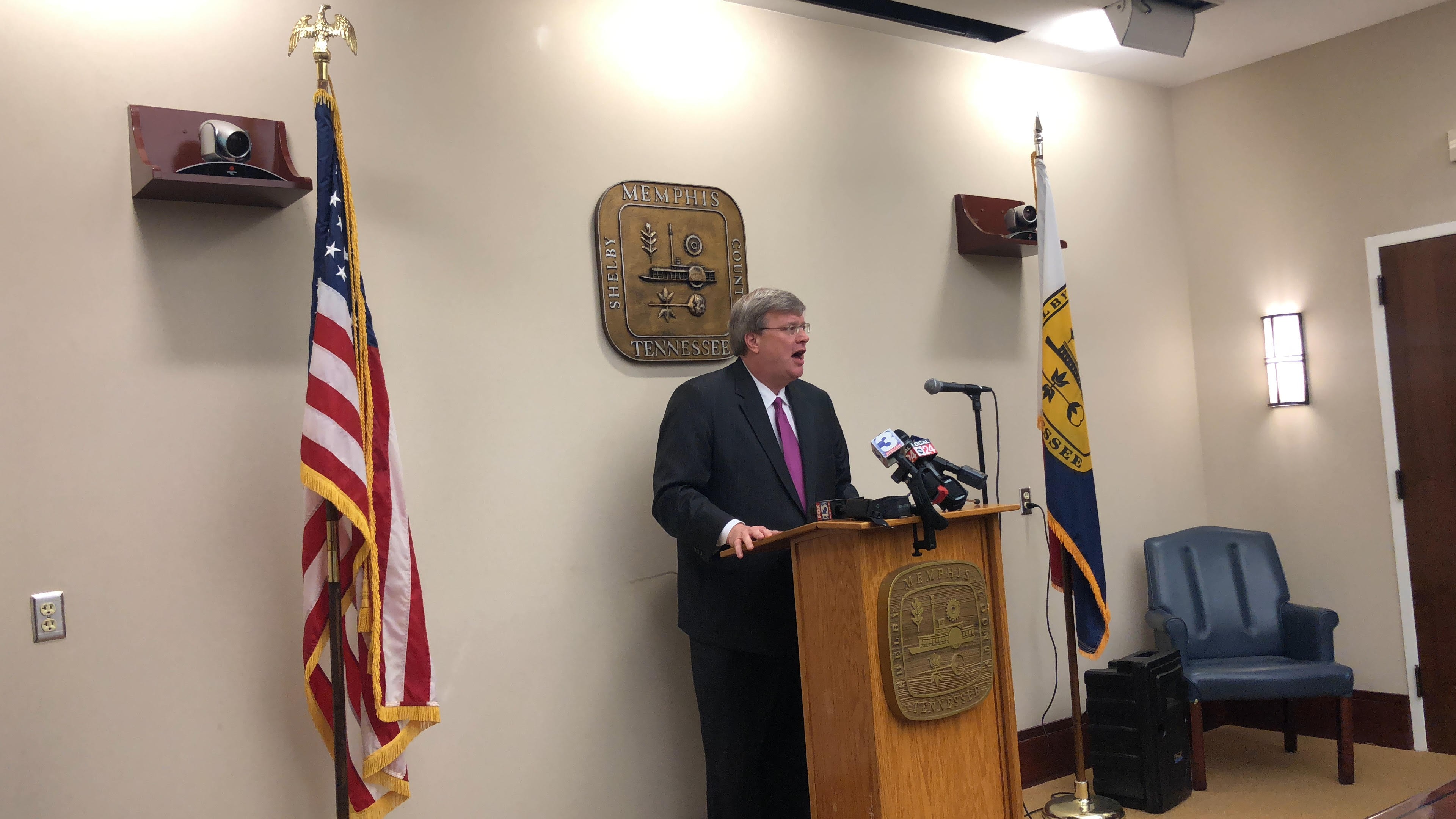
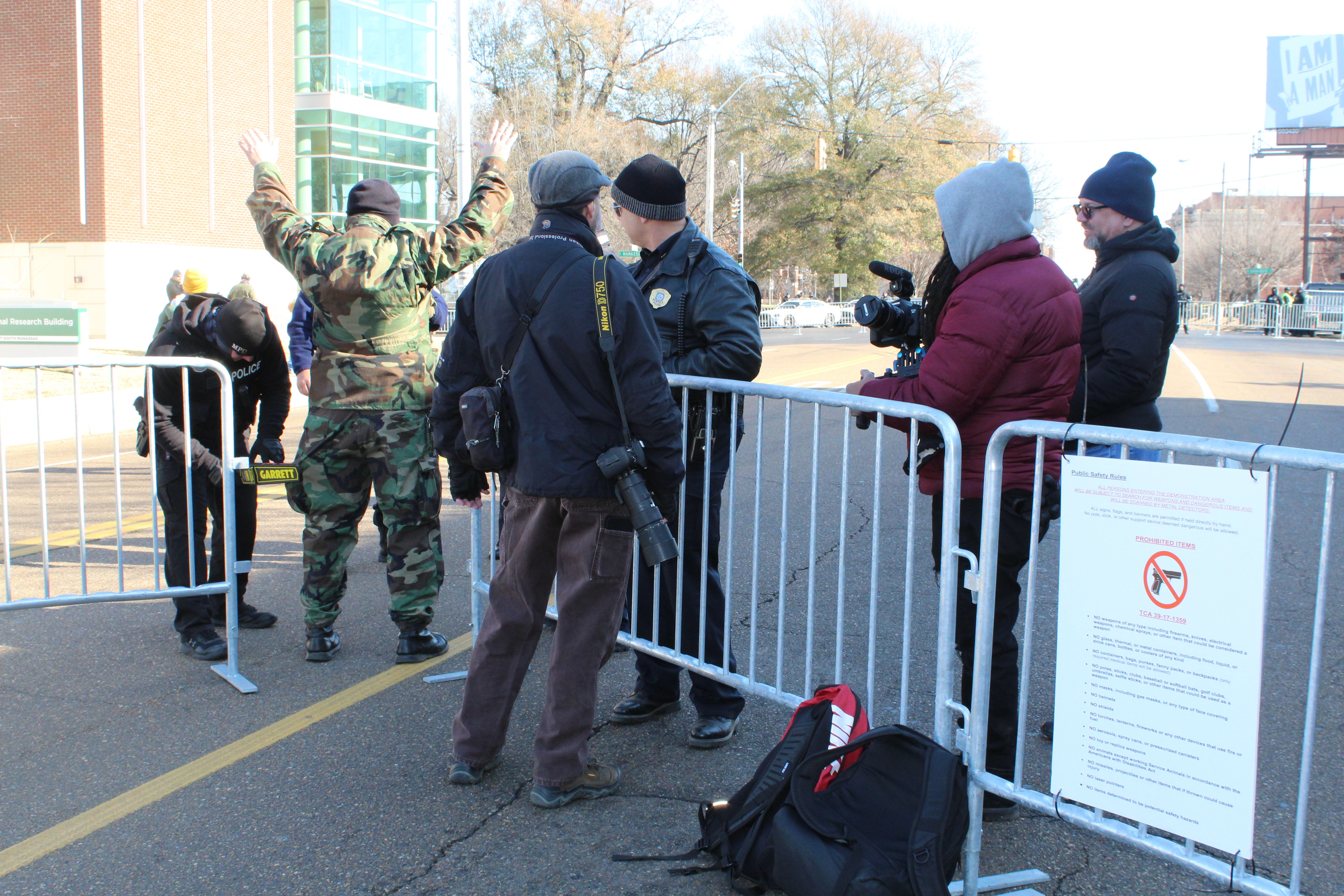
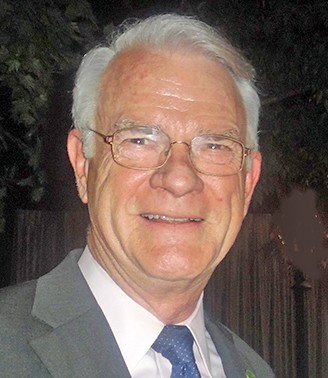 Jackson Baker
Jackson Baker